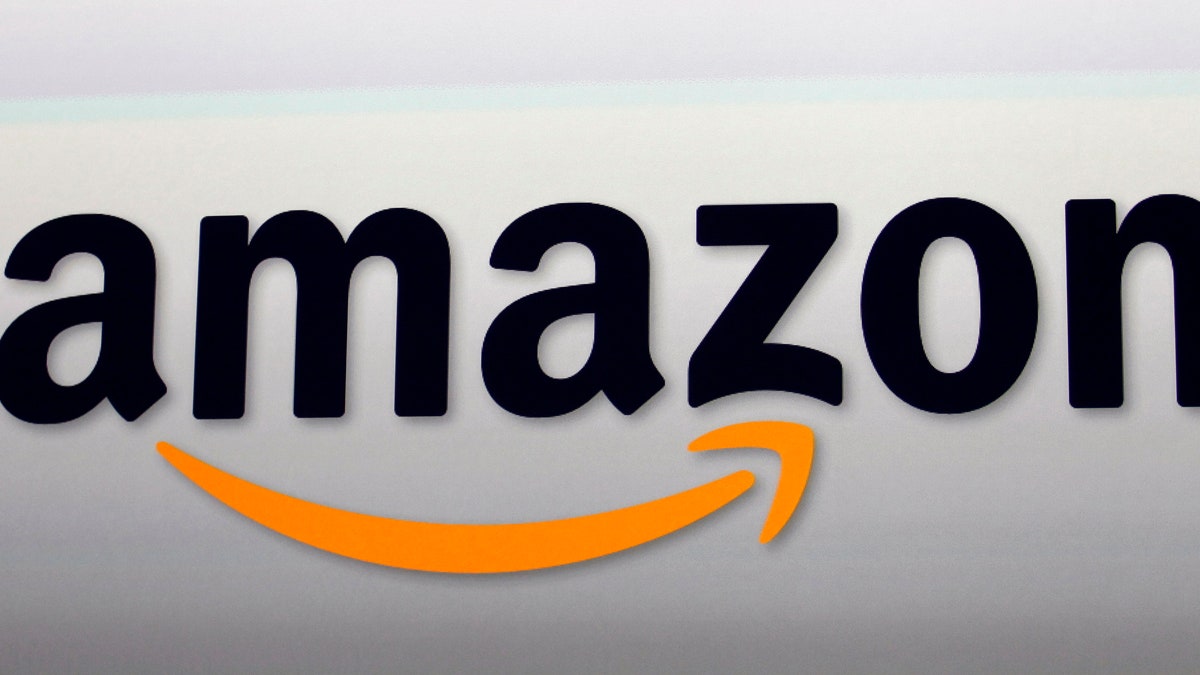
FILE - This Sept. 6, 2012, file photo, shows the Amazon logo in Santa Monica, Calif. Amazon will block Australians from buying from its international e-commerce websites and restrict them to a smaller local platform from July in response to new tax rules that consumer advocates fear will reduce the range of choice for customers in Australia, Amazon said in a statement on Friday June 1, 2018. (AP Photo/Reed Saxon, File) (Copyright 2016 The Associated Press)
Watch out, CVS and Walgreens: Amazon on Thursday announced plans to acquire PillPack for an undisclosed sum.
PillPack, for the uninitiated, is an online pharmacy that makes it easy for people who take several different prescriptions a day. The company sorts your pills by dose, including vitamins and over-the-counter medicine, into personalized daily packets and delivers everything right to your door each month.
In a statement, PillPack CEO and Co-Founder TJ Parker said the company, together with Amazon, plans to "continue working with partners across the healthcare industry to help people throughout the US who can benefit from a better pharmacy experience."
The transaction is expected to close during the second half of 2018.
More From PCmag
"PillPack's visionary team has a combination of deep pharmacy experience and a focus on technology," Amazon CEO of Worldwide Consumer Jeff Wilke said in a statement. "PillPack is meaningfully improving its customers' lives, and we want to help them continue making it easy for people to save time, simplify their lives, and feel healthier. We're excited to see what we can do together on behalf of customers over time."
PillPack earned an "excellent" rating in PCMag's 2014 review.
"PillPack is a wonderfully convenient service for getting prescription and non-prescription medications shipped to your door and doled out in packets with labeling that tells you when to take them," we wrote at the time. "Anyone who takes several prescription pills a day should look into it."
The acquisition comes after Amazon in January teamed with Warren Buffett's holding company Berkshire Hathaway and financial services giant JPMorgan Chase to form a not-for-profit organization aimed at serving the health care needs of their US-based employees.
"Hard as it might be, reducing health care's burden on the economy while improving outcomes for employees and their families would be worth the effort," Amazon CEO Jeff Bezos said at the time. "Success is going to require talented experts, a beginner's mind, and a long-term orientation."
This article originally appeared on PCMag.com.








































